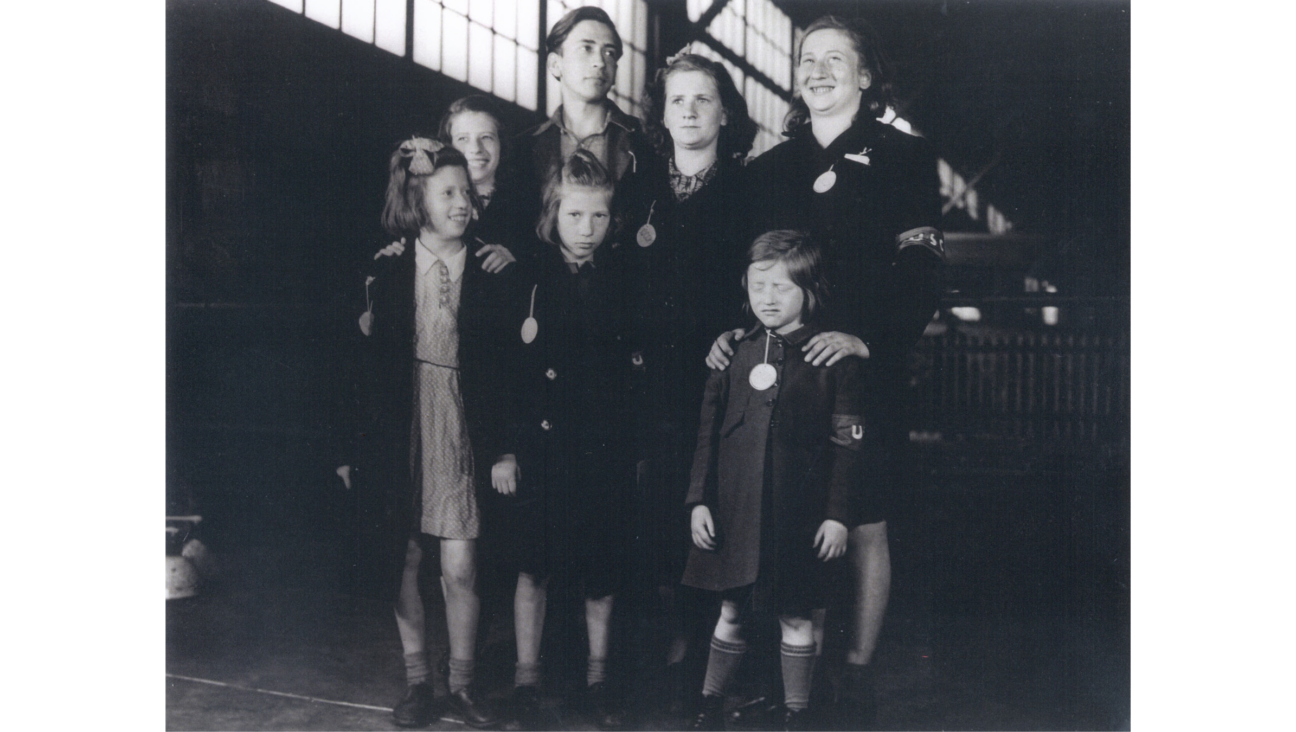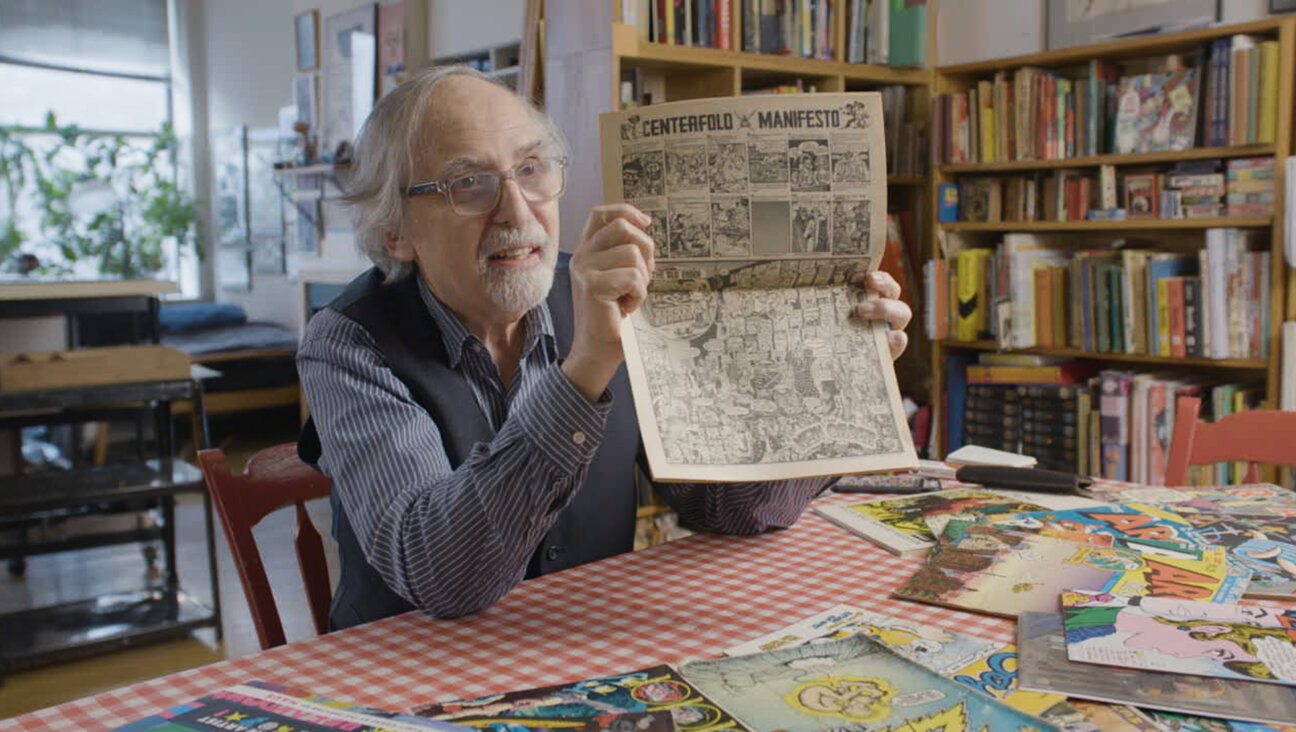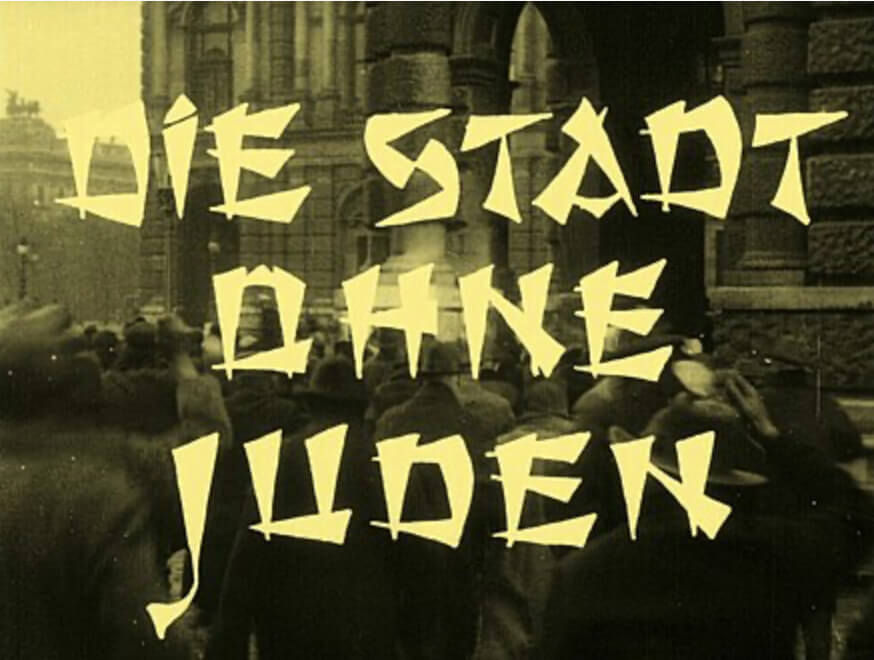We Are All the ‘Other Israel’

Image by **Dancing in Jaffa:* Pierre Dulaine had a dream.
At some point in the evolution of American national thought Martin Luther King Jr. went from being a political firebrand to being a national icon. You have to be pretty far outside the mainstream in 2013 to object to Martin Luther King Jr. Day.
Likewise the Other Israel Film Festival started out as a way to cover those aspects of Israel that mainstream media didn’t talk about, mostly the Arab experience. Watching DAM, the Israeli-Palestinian hip hop group, rap in the auditorium of the JCC in Manhattan on November 10, 2007, felt subversive: What would Michael Steinhardt think?
But no longer.
This is the seventh annual festival and I’ve covered it as a film critic and journalist before (full disclosure) helping out on the advisory committee a couple of times. Welcoming four times world ballroom dancing champion Pierre Dulaine to introduce “Dancing in Jaffa,” the film about his dream of having Jewish and Palestinian children dancing together in his Jaffa birthplace, doesn’t seem contentious. It seems sensible, patriotic.
A question and answer session with Lucy Aharish who had roles in “Arabani” and the optimistic “Under the Same Sun” seems less like a film festival talkback than it does the logical next step in discourse, understanding and — if it’s at all possible — a lasting Middle Eastern peace.
Aharish was the first Arab news presenter on mainstream Israeli television. You may have never heard of her, and that’s part of the problem. She’s photogenic, politically moderate, eloquent in all three of Israel’s official languages and hopeful for the future. If she’s not behind a push for cultural integration and regional cooperation who would be?
In “Under the Same Sun” she plays a politically disillusioned and then re-enamored Arab journalist whose Palestinian boyfriend joins in a solar energy business venture with an Israeli partner. The film looks back from a near-future where the region is at peace to see how that came about. It is a mockumentary showing how business collaborations, Facebook pages and street protests pushed existing peace talks to a successful resolution.
It’s a good looking film that does its job admirably. And that job — the film is funded by Search for Common Ground, whose mission is to transform the way the world deals with conflict away from adversarial approaches toward cooperative solutions — is to educate a population whose lack of understanding is an actual obstacle to peace.
Because when I arrived in America nearly 20 years ago, I was appalled at the pervasive and profound gaps in Americans’ understanding of Israel. And, though there are a tiny minority who are knowledgeable, the continued ignorance of even American Zionists — of all religions — is a significant problem.
As Joel Schalit’s “Israel vs. Utopia” pointed out, this incredibly influential lobby has a disproportionate effect on Israel and, over the past few decades, has warped the politics there in accordance with its largely unfounded fantasies it has projected upon Israel. And we are a part of that lobby.
Unlike ADL leader Abraham Foxman who would rather ignore those he sees as less engaged Carole Zabar, Isaac Zablocki and Ravit Turjeman — the driving forces behind the festival — want to inform and engage people about the granular culture of Israel. It’s not about land grabs, but about the story on the ground. As Rabbi Joy Levitt, the executive director of the JCC in Manhattan, said at the opening ceremony, “These extraordinary films don’t demand that we agree with them, they ask us to join the conversation.”
Israel, which former president Bush could have crossed four times if he’d driven the same distance as from his home in Crawford, Tex., to the Messianic Jewish Bible Institute in Irving, contains multitudes. Reducing its complexity is to fail to appreciate what Israel has to offer and to confront. Zablocki said that the festival is intended to “deepen the conversation” and to get people to “go home and do something.”
Even going home and watching an Other Israel Film Festival on demand would be a start. Anything to help Israel fulfill its Declaration of Independence, as Zabar read out at the opening ceremony:
[Israel] will uphold the full social and political equality of all its citizens, without distinction of race, creed or sex; will guarantee full freedom of conscience, worship, education and culture; will safeguard the sanctity and inviolability of the shrines and Holy Places of all religions; and will dedicate itself to the principles of the Charter of the United Nations.
A message from our Publisher & CEO Rachel Fishman Feddersen

I hope you appreciated this article. Before you go, I’d like to ask you to please support the Forward’s award-winning, nonprofit journalism so that we can be prepared for whatever news 2025 brings.
At a time when other newsrooms are closing or cutting back, the Forward has removed its paywall and invested additional resources to report on the ground from Israel and around the U.S. on the impact of the war, rising antisemitism and polarized discourse.
Readers like you make it all possible. Support our work by becoming a Forward Member and connect with our journalism and your community.
— Rachel Fishman Feddersen, Publisher and CEO






























